Culture
Culture is the most vital of the keys mentioned above. Think of culture as things that are non-negotiable to us. These are things that have a trickle-down effect and influence the behaviors of everyone in our companies.
For instance, if you believe all blowers are inferior to variable-speed blowers and you only want your team to install furnaces with variable speed blowers, your technicians will likely begin to believe the same.
The culture at Vincent’s Plumbing and Heating begins with combustion testing. Before they are allowed to get into their own service truck, every technician and plumber is required to attend and pass NCI combustion training.
Since 2006, we have ensured all our technicians re-certify every two years.
We understand that this alone is no guarantee our techs will perform the combustion testing on calls.
However, aspiring technicians who do ride-alongs with most of our more experienced see them do carbon monoxide (CO) testing. This activity reinforces that combustion testing is the most important thing to do on heating-related calls.
Another part of our culture is ensuring our team correctly installs and configures new HVAC equipment. That is why we have a technician (generally the selling technician) return to every new installation to double-check every unit’s combustion, refrigerant levels, and airflow and make any final adjustments.
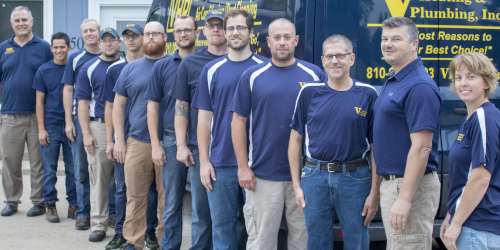
Vincent’s Heating & Plumbing, Inc. (VHP)
Truth be told, several business consultants told me this practice is inefficient. They said installers should be able to make final adjustments when installing new equipment.
For us, the added cost of having a technician go back for a final inspection is worth it.
It drives home to our customers and technicians the importance of ensuring we correctly set up equipment. This is non-negotiable. And our actions, not just our words, reflect this.
Simplicity
Have you ever been asked to take a survey at a store? When I was at the supermarket recently, a survey popped up on the screen at the payment kiosk. The survey asked, “How was your experience in our store today?” Yes, it was only one question.
People who create surveys understand that asking someone to answer a second question dramatically decreases the number of responses. Why this happens is common sense: Most people are in a hurry, prefer simplicity, or don’t like wasting time. Two questions are twice as complex. Avoiding complications is also why people ignore instructions and try to figure it out on their own.
A technician’s time is a valuable resource. They can only put a certain amount of time and effort towards each call. That’s why it’s essential to think about keeping your processes simple and easy to follow.
For us, as an example, the most straightforward tool we have found to incorporate performance measurement into our maintenance process is an app called measureQuick®. However, getting our technicians to use MeasureQuick and everything else they do requires some planning.
Click Below for the Next Page:


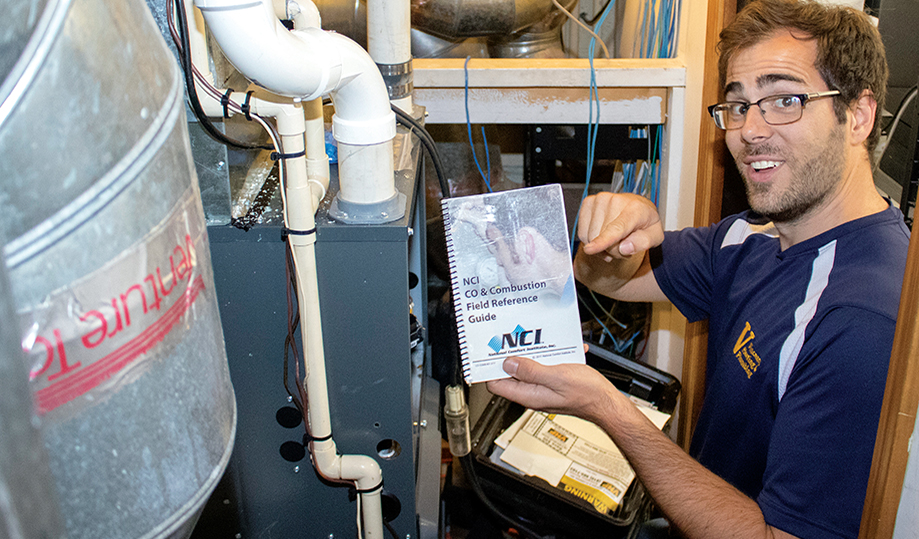
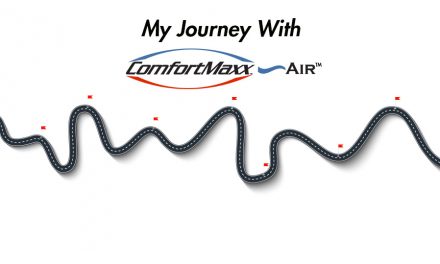

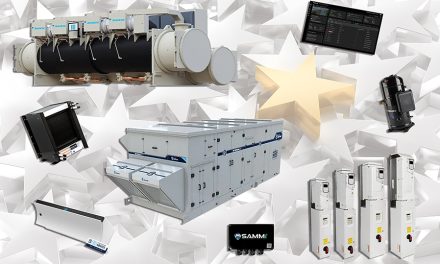






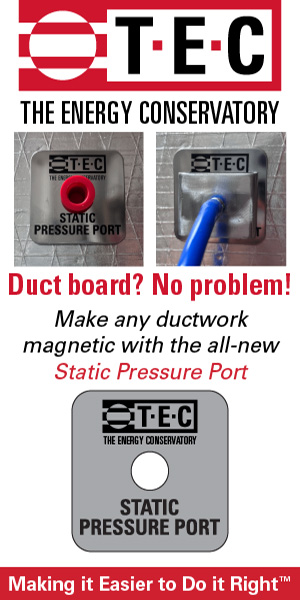
Recent Comments